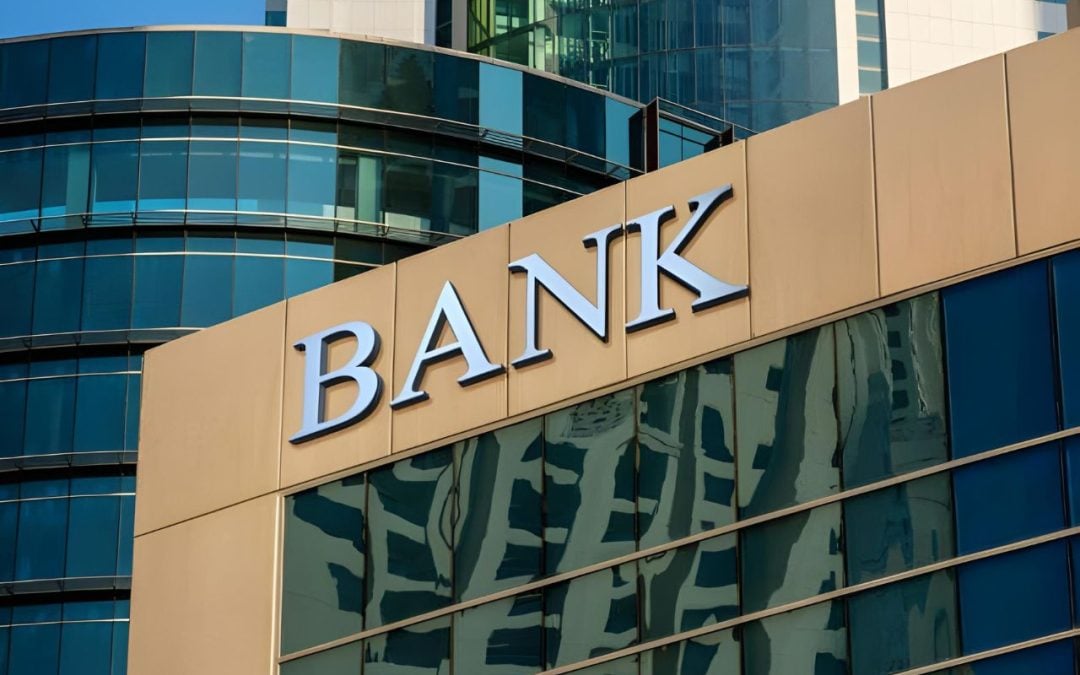In this article, we will look at cash-efficient companies that are generating consistent wealth for their shareholders by the use of two metrics, namely free cash flow and EPS. Free cash flow is a term used to describe how much money is left with the company after paying off all its core operational expenses. And EPS is the per-share wealth created by the company for its shareholders.
1. ICICI Bank
ICICI Bank is the second-largest private sector bank in India that offers a diversified portfolio of financial products and services to retail, SME, and corporate customers. The Bank has an extensive network of branches, ATMs, and other touchpoints. The ICICI group has presence in businesses like life and general insurance, housing finance, primary dealership, etc, through its subsidiaries and associates.
The bank reported a revenue of Rs 1,86,331 crores in FY25, up by 16.82 percent from its FY24 income of Rs 1,59,516 crores. It recorded a net profit of Rs 54,569 crores in FY25, up by 18.44 percent from its FY24 net profit of Rs 46,081 crores.
The bank has a high free cash flow of Rs 1,18,100 crores. As of FY25, it has an EPS of Rs 71.65 against Rs 63.02 in FY24, Rs 48.74 in FY23, and Rs 36.14 in FY22, which signifies continuous wealth creation for its shareholders. The stock price has grown at a CAGR of 33 percent over the past five years.
2. Axis Bank
Axis Bank Limited is a prominent Indian bank providing comprehensive financial services through its four business segments: Treasury, Retail Banking, Corporate/Wholesale Banking, and Other Banking Business. It delivers products and services like loans, deposits, cards, internet and mobile banking, wealth management, and insurance distribution. Business lending, trade finance, and capital market services are also provided by it. The bank has a vast branch and ATM network operating in India and has representative offices located in Singapore, Dubai, Abu Dhabi, Sharjah, and Dhaka.
The bank reported a revenue of Rs 1,27,374 crores in FY25, up by 12.94 percent from its FY24 income of Rs 1,12,759 crores. It recorded a net profit of Rs 28,191 crores in FY25, up by 6.41 percent from its FY24 net profit of Rs 26,492 crores.
The bank has a high free cash flow of Rs 41,951 crores. As of FY25, it has an EPS of Rs 90.58 against Rs 85.49 in FY24 and Rs 35.16 in FY23, which signifies continuous wealth creation for its shareholders. The stock price has grown at a CAGR of 25 percent over the past five years.
3. IDBI Bank
IDBI Bank Limited offers a diversified product suite of banking and financial services to retail and corporate customers in India. The company operates in Treasury, Retail Banking, and Corporate/Wholesale Banking business segments. It provides different accounts, loans, cards, digital banking, investment advisory, and capital market services. The bank also offers trade finance, cash management, guarantees, remittance, and advisory services. Besides, IDBI aids MSMEs, agriculture finance, and NRI banking, and has IT, merchant banking, mutual fund, and trusteeship services.
The bank reported a revenue of Rs 28,917 crores in FY25, up by 9.34 percent from its FY24 income of Rs 26,446 crores. It recorded a net profit of Rs 7,656 crores in FY25, up by 31.65 percent from its FY24 net profit of Rs 5,814 crores.
The bank has a high free cash flow of Rs 25,452 crores. As of FY25, it has an EPS of Rs 7.10 against Rs 5.38 in FY24, Rs 3.45 in FY23, and Rs 2.36 in FY22, which signifies continuous wealth creation for its shareholders. The stock price has grown at a CAGR of 26 percent over the past five years.
Written by Satyajeet Mukherjee
Disclaimer

The views and investment tips expressed by investment experts/broking houses/rating agencies on tradebrains.in are their own, and not that of the website or its management. Investing in equities poses a risk of financial losses. Investors must therefore exercise due caution while investing or trading in stocks. Trade Brains Technologies Private Limited or the author are not liable for any losses caused as a result of the decision based on this article. Please consult your investment advisor before investing.


